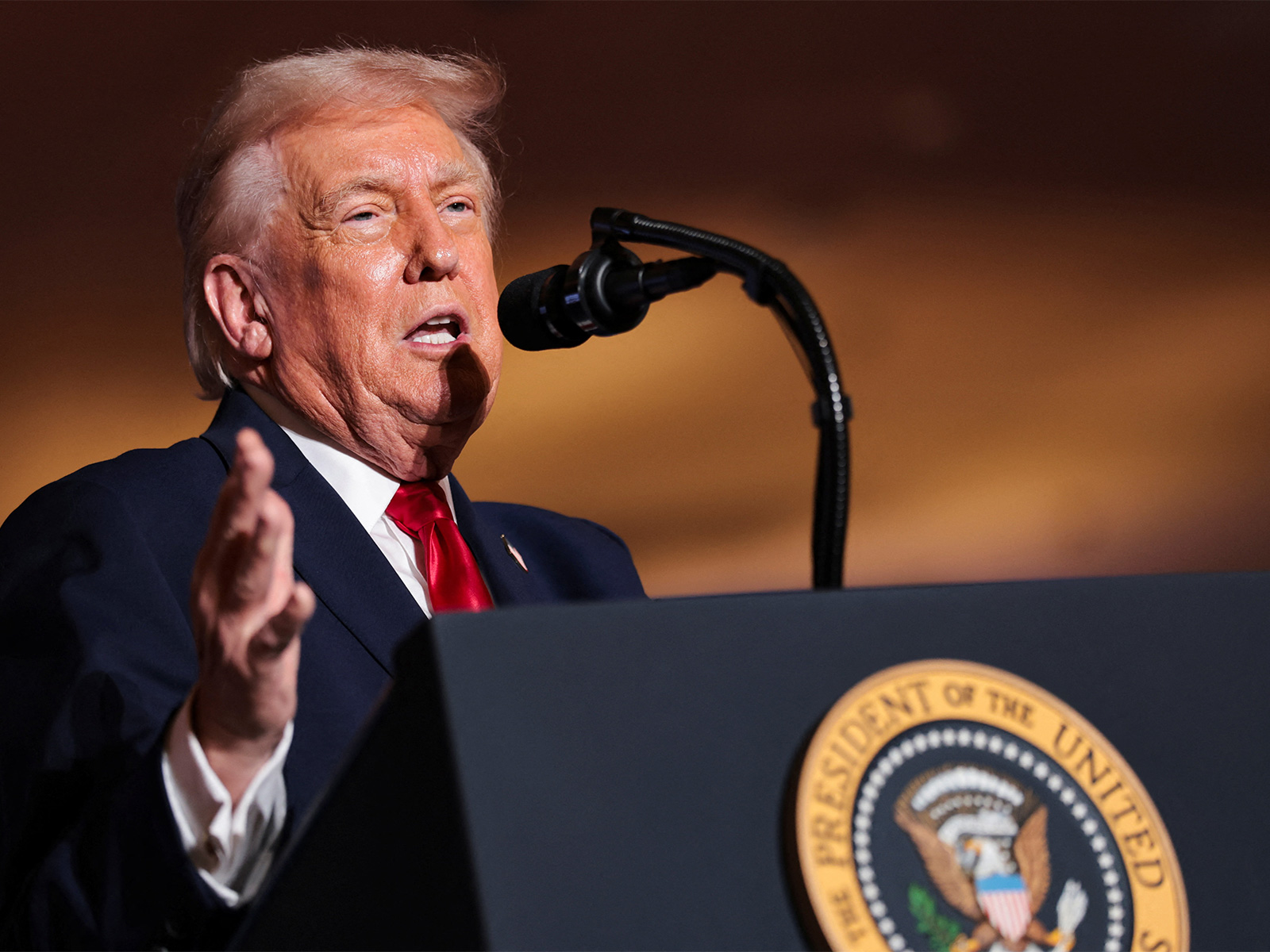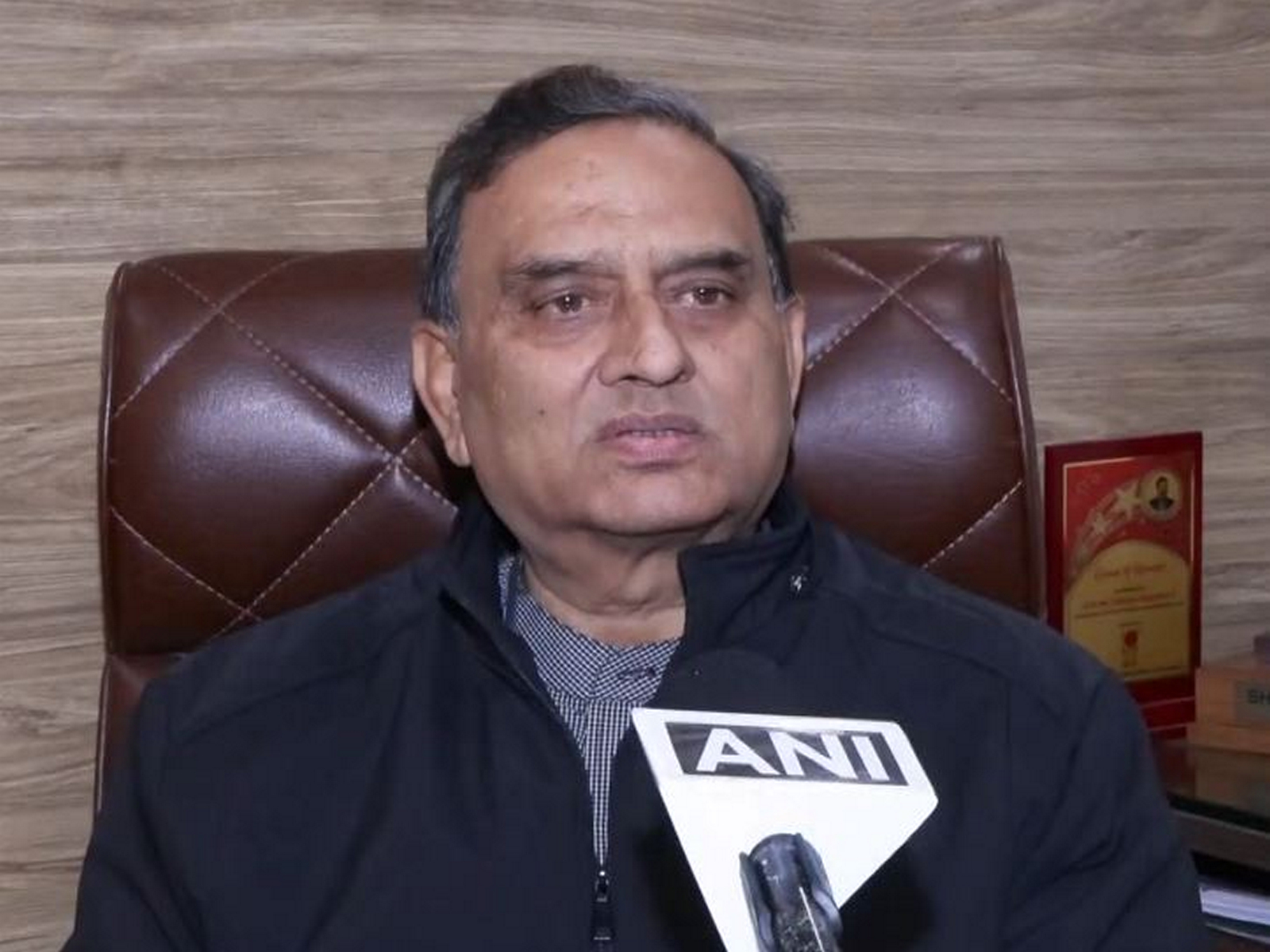Hasty constitutional amendments undermine judiciary in Pakistan; claims MQM Supremo Altaf Hussain
Oct 23, 2024

London [UK], October 23 : Muttahida Qaumi Movement - Pakistan (MQM) founder and leader Altaf Hussain raised serious concerns over the 26th Constitutional Amendments and alleged that the changes undermine the judiciary in Pakistan.
Hussain sharply criticised the rushed process, claiming it was done without proper deliberation, severely compromising the integrity of Pakistan's judiciary and justice system.
Speaking at the 137th Intellectual Session on TikTok, he questioned the urgency, calling it an unprecedented move in the history of constitutional amendments.
"Where in the world is it possible that an amendment is presented in the morning and passed the same day?" he asked, noting that globally, amendments are presented with adequate time for lawmakers to review before voting.
According to Hussain, the amendments were passed without giving Parliament members enough time to study the proposals and understand their implications. He said the overnight passing of the amendments deeply damaged the judiciary's dignity and amounted to an "open slaughter" of the justice system.
Hussain further alleged that members of key political parties, including the Balochistan National Party, PTI, and JUI-F, were forcibly brought to the Senate and National Assembly by agents, reportedly held in safe houses, and coerced into voting for the amendments. He accused Prime Minister Shehbaz Sharif and Punjab Chief Minister Maryam Nawaz of using state resources and police to ensure the amendments' passage.
"Is this method, adopted by the military and government, in line with the principles of the country's constitution, law, faith, integrity, and democracy?" Hussain asked, calling it "plain thuggery."
He also revealed that six judges from the Islamabad High Court had written to the Supreme Court, complaining of pressure from government agencies. According to Hussain, these judges were harassed, their phones tapped, and even their private spaces monitored. Yet, no action was taken as the controversial amendments were passed overnight.
In his concluding remarks, Hussain emphasised that the hasty amendments and the disregard for legislative procedure would have long-term negative consequences for the country and its judiciary. He called the move a dangerous precedent and a violation of the principles of justice, integrity, and democracy.
The 26th Constitutional Amendments have sparked widespread criticism across Pakistan, with political leaders, legal experts, and civil society expressing concerns over the erosion of judicial independence and the bypassing of parliamentary procedures. Many describe the session in which the amendments were passed as an "emergency session" with little debate, heightening fears of executive overreach.
Hussain's address has added weight to the growing opposition, with many believing the amendments will weaken the judiciary's ability to function independently. His allegations of forced votes and harassment of lawmakers raise troubling questions about the role of the political and military establishment in the legislative process.
As the debate intensifies, the broader implications for Pakistan's democracy, governance, and rule of law remain to be seen.



















